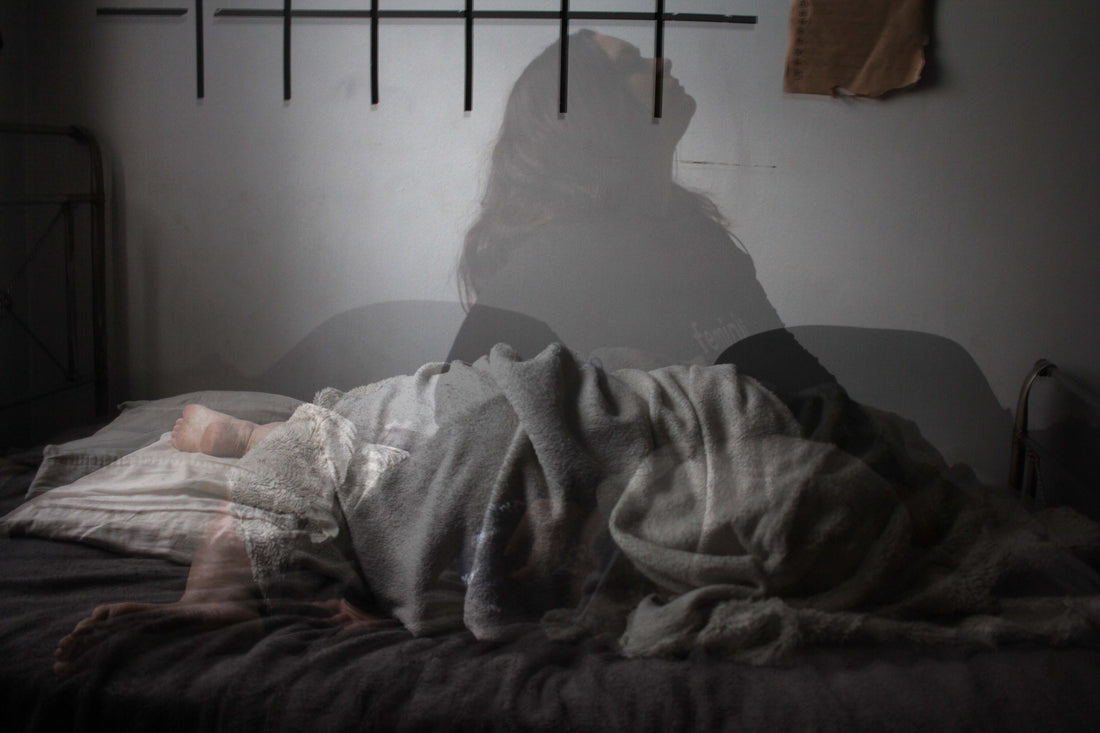Caffeine is one of those things that you might ingest even if you make valid attempts not to. It is addictive and it shows up in all types of food and drinks. Caffeine is also found in many prescription medications that many people do not know about. Caffeine as most knows it is something that is in cola, coffee, tea, and chocolate. Most people also know that caffeine can cause insomnia which is why many people avoid such drinks as pop and coffee in the evening hours. Yet, millions of Americans begin their day with a fresh hot cup of coffee or tea because they claim it gives them the boost that they need to get going.
Besides being addictive, caffeine stimulates the brain in ways similar to amphetamines and even though it is much milder, it still stimulates the brain similar to that of a drug. Caffeine is linked to many cases of insomnia, as a matter of fact, it is the biggest substance linked to insomnia. Another way that caffeine can hinder sleep is because it is a diuretic that stimulates the kidneys causing people to have to urinate more frequently than normal and very often throughout the night.
It is said that only 100-200 milligrams of caffeine can relieve drowsiness. Having said that, consider the following, 1 espresso has 200 mg of caffeine, 1 cup of coffee has 100mgs of caffeine, a 12 oz can of cola has 45 mg of caffeine, 1 Midol has 32 mg and 1 Excedrin has 85 mg. Now take a look at this, a cup of decaf coffee only has 3 mg of caffeine and since caffeine has no flavor, color, or odor, there sure can not be any reason that you can not enjoy that cup of coffee any time that you want to and still be able to get to sleep at night.
Some people are sensitive to caffeine while others are not but if you find a relationship between a bad night's sleep and your caffeine intake that does not mean that you can not enjoy a cup of coffee or even a cola, just make sure they are caffeine-free. The most common sources of caffeine are coffee, cocoa beans, cola nuts, and tea leaves. The amount of caffeine that is in products depends on the serving size, the product, and how it is prepared. People differ greatly in their sensitivity to caffeine and many develop a tolerance for it.
Many people feel a jittery feeling from caffeine and learn very quickly to avoid caffeine after a certain time if they plan on sleeping. Caffeine increases the secretion of stress hormones such as adrenaline so if a person is already secreting higher stress hormones then caffeine could cause a rapid increase that would definitely trigger a period of insomnia. People usually do not give a lot of thought to their caffeine intake but believe it or not, caffeine used to be used in clinical settings to induce panic attacks in patients. That gives you something to think about!

